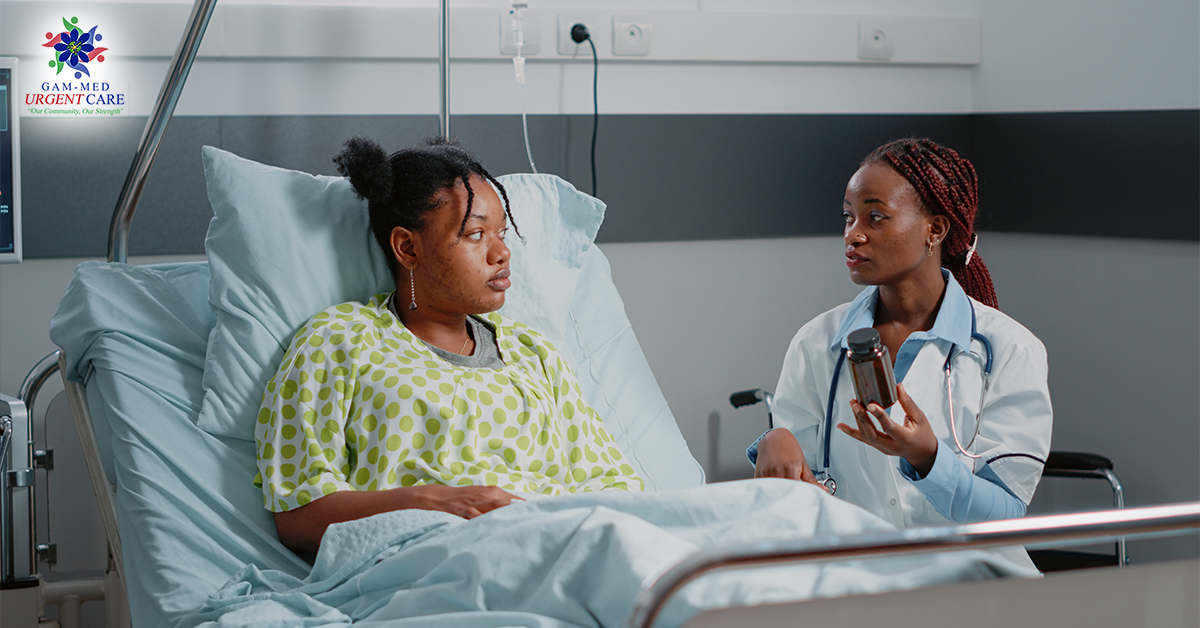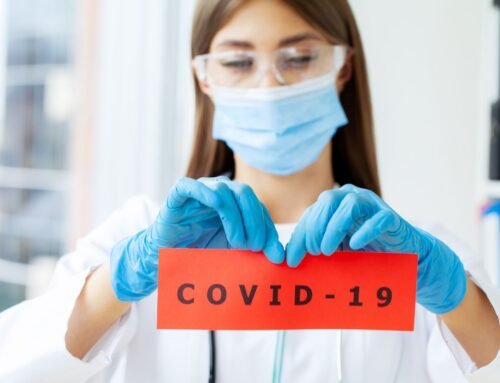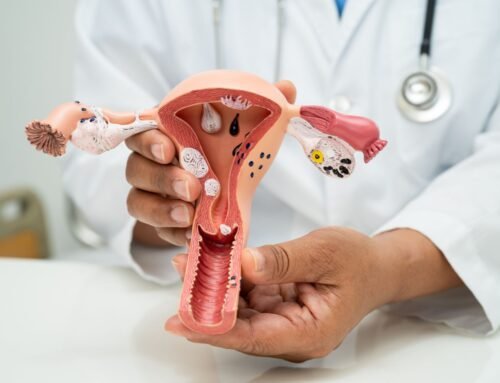Knowing when to go to the emergency room (ER) is crucial for maintaining your health and well-being.
While many medical issues can be addressed through primary care or urgent care, certain situations require immediate attention. Understanding the signs and symptoms that warrant a trip to the ER can make a significant difference in receiving timely and appropriate medical care.
If in doubt about the severity of your symptoms, it’s always best to be cautious and seek medical attention promptly. Never hesitate to call emergency services if you believe you or someone else is facing a medical emergency.

What are signs I should go to the ER?
Certain signs and symptoms may indicate a need for emergency medical attention. Here are some common signs that suggest a visit to the emergency room (ER) may be necessary:
1# Chest Pain or Discomfort
Severe or persistent chest pain or discomfort, especially if it radiates to the arm or jaw, could indicate a heart attack.
2# Difficulty Breathing or Shortness of Breath
Sudden or severe difficulty breathing, shortness of breath, or persistent wheezing may require immediate medical attention.
3# Severe Abdominal Pain or Pressure
Intense and persistent abdominal pain, especially with pressure or discomfort, may signal a serious issue. In particular, his could include conditions like appendicitis or a gastrointestinal problem.
4# Head Injury with Loss of Consciousness
If someone experiences a head injury accompanied by loss of consciousness, confusion, vomiting, or severe headaches, it’s important to seek emergency care.
5# Sudden Weakness or Numbness
Sudden weakness or numbness on one side of the body, especially when accompanied by difficulty speaking, could indicate a stroke. Time is critical in stroke cases.
6# Severe Trauma or Injuries
Serious injuries such as fractures, deep cuts, or injuries from accidents may require emergency medical attention to prevent complications and ensure proper treatment.
7# Suicidal or Homicidal Thoughts
Any thoughts of self-harm or harm to others should be taken seriously. Seek emergency help if you or someone you know is experiencing such thoughts.
8# Seizures
If someone experiences a seizure for the first time, or if seizures are prolonged, immediate medical attention is necessary.
9# Difficulty Controlling Bleeding
Inability to control bleeding from a wound, especially if it is severe or sustained, requires immediate attention.
It’s important to note that this list is not exclusive, and individual circumstances may vary. When in doubt or facing a medical emergency, it’s always safest to seek immediate medical attention or call emergency services for guidance.
Can I take myself to the ER?
In most cases, individuals can go to the emergency room (ER) on their own without being formally “checked in” by someone else.
Emergency rooms are designed to provide immediate care for individuals who require urgent medical attention. If you believe you need emergency care, you can typically go directly to the ER without prior arrangements or a referral.
Upon arriving at the ER, you will be assessed by the triage nurse to determine the urgency of your condition. The triage process helps prioritize patients based on the severity of their medical needs. Patients with more critical conditions are seen first.
Are ER visits free?
Emergency room (ER) visits are typically not free. While emergency rooms are required by law to provide care regardless of a patient’s ability to pay, they will charge for their services.
The cost of an ER visit can vary widely based on factors such as the severity of the medical condition, the necessary diagnostic tests, and the treatments provided.
Patients are responsible for co-payments, deductibles, and any costs not covered by their health insurance.
It’s important for individuals to check with their insurance provider to understand their coverage for emergency room visits and to be aware of any out-of-pocket expenses they may incur. In cases of financial hardship, some hospitals may offer assistance or payment plans to help manage the costs.
What are the signs and symptoms indicating that emergency care is needed?
If you are experiencing a medical emergency, such as constant pain in any part of your body, respiratory issues, persistent Vomiting or Diarrhea, mental health issues, etc. Those are signs and symptoms that you need emergency care.
Calling emergency services is the fastest way to get help. Emergency medical services can provide immediate assistance and transportation to the nearest hospital.
If your situation is not a medical emergency but still requires prompt attention, you may also consider urgent care centers. Additionally, you can contact your primary care physician for guidance on where to seek appropriate care.
Urgent care centers are equipped to handle non-life-threatening conditions and can often provide faster service than an emergency room for less severe issues.
What is the most common reason for ER visits?
One of the most common reasons for individuals to visit the emergency room is related to injuries and accidents.
Traumatic injuries, such as falls, sports-related incidents, cuts, burns, and fractures, often lead people to seek immediate medical attention in the ER.
Accidents resulting in physical harm are widespread, and the need for prompt assessment and treatment drives a significant number of emergency room visits.
Are ER doctors good?
Emergency room (ER) doctors, also known as emergency physicians, are highly trained medical professionals with specialized expertise in handling urgent and critical medical situations.
The competency of ER doctors can vary based on factors such as their education, experience, and ongoing professional development. In general, ER doctors are skilled at making rapid and accurate diagnoses, stabilizing patients in critical conditions, and coordinating with other healthcare providers for continued care.
Patients should feel confident in the abilities of ER doctors to provide immediate and essential medical care during emergencies.
What is a good medical urgent care center?
If you are looking for urgent medical care, consider Gam-Med, a renowned healthcare center. Gam-Med offers comprehensive services, skilled professionals, and a patient-centric approach.
For non-emergencies, their commitment to accessible and high-quality care makes Gam-Med a reliable choice. Gam-Med has accessible locations and extended hours. They cater to your schedule.
Share This Story, Choose Your Platform!
Let’s Stay In Touch
Let’s Stay In Touch
Subscribe to the Gam-Med’s newsletter to stay in the know of changes, events, new policies and procedures.




